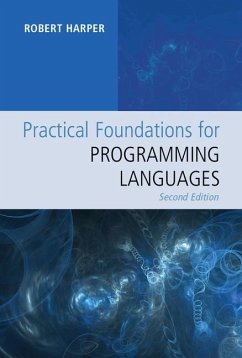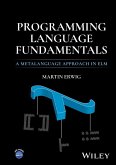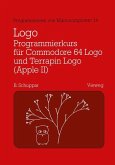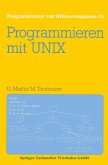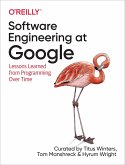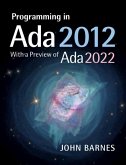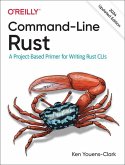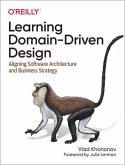This book defines and analyzes a full range of programming language concepts in a single unifying framework that isolates core abstractions and avoids irrelevant details of specific languages. It stresses the central role of types and teaches the use of rigorous mathematical techniques for proving properties of languages and programs.
Hinweis: Dieser Artikel kann nur an eine deutsche Lieferadresse ausgeliefert werden.
Hinweis: Dieser Artikel kann nur an eine deutsche Lieferadresse ausgeliefert werden.
Review of previous edition: 'Harper's book provides a comprehensive treatment of the foundations of computation. He touches on a surprising range of concepts that arise in language design: from simple types to polymorphism to dependent types to modules; from strict to lazy to parallel computation; and from proof techniques for reasoning about extensional behavior to practical, compositional cost models in the presence of garbage collection. More importantly, throughout the book he uses types and the principles of type theory to organize the material and help us discover the orthogonal, composable abstractions that arise naturally not only in the design of programming languages but also in logics and mathematics. This approach helps uncover the fundamental structure lurking inside programming languages of today, and provides a principled approach to the designs for tomorrow.' Greg Morrisett, Cornell University, New York
